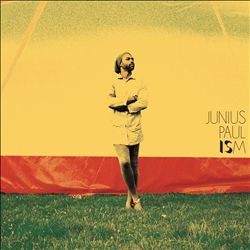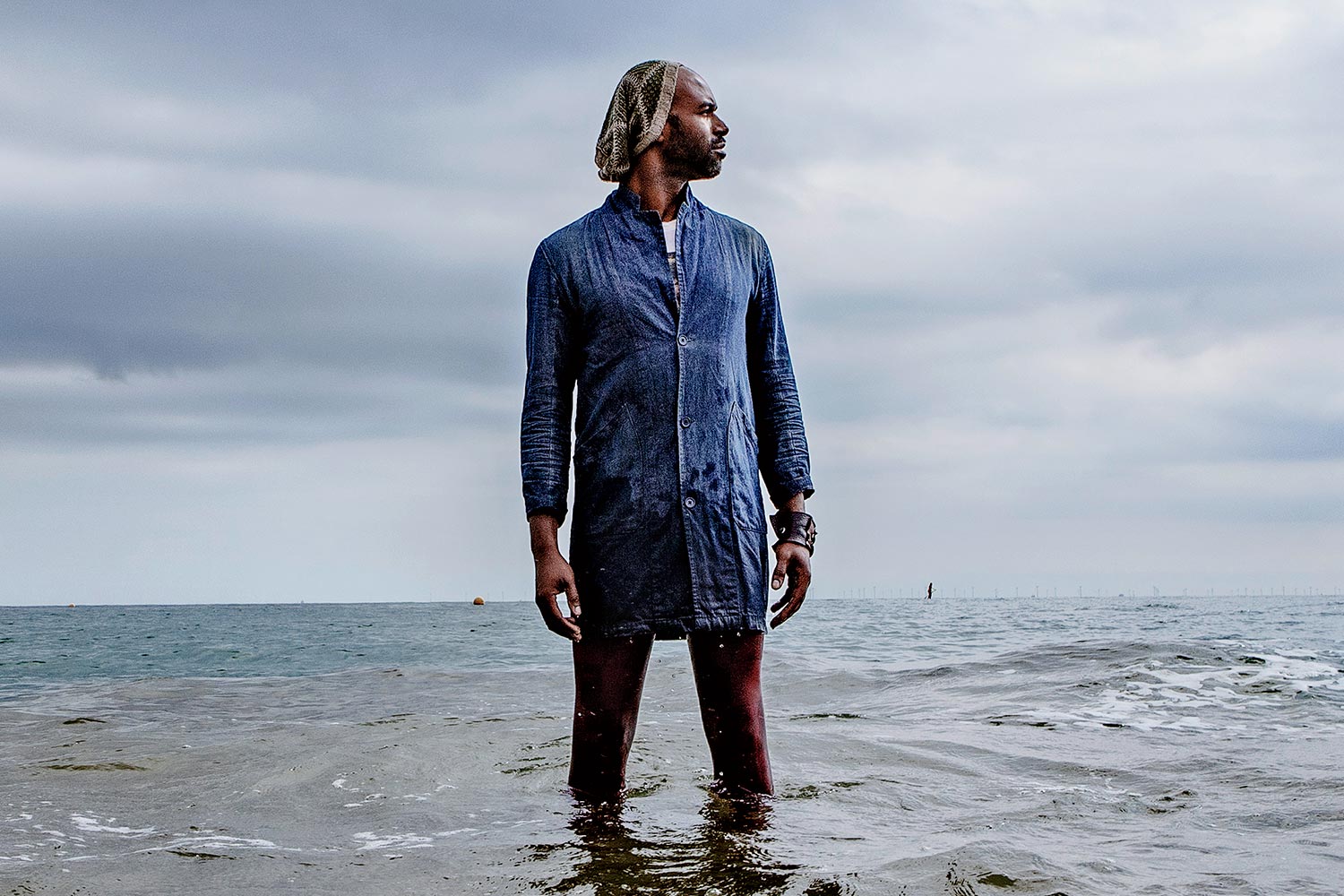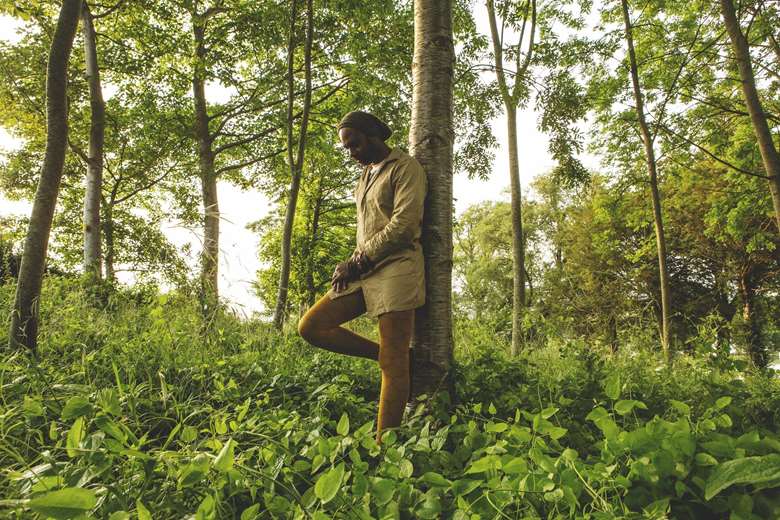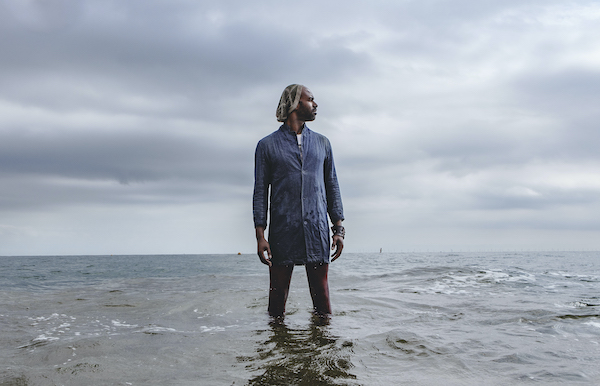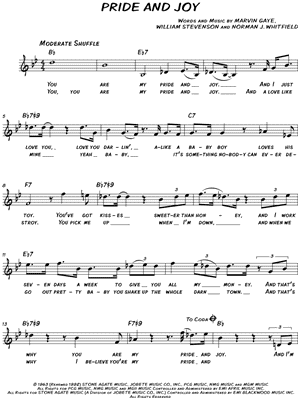
SOUND PROJECTIONS
AN ONLINE QUARTERLY MUSIC MAGAZINE
EDITOR: KOFI NATAMBU
SUMMER, 2021
VOLUME TEN NUMBER TWO
Featuring the Musics and Aesthetic Visions of:
JUNIUS PAUL
(July 10-16)
JAMES BRANDON LEWIS
(July 17-23)
MAZZ SWIFT
(July 24-30)
WARREN WOLF
(July 31-August 6)
VICTOR GOULD
(August 7-13)
DANIEL BERNARD ROUMAIN
(August 14-20)
JESSE MONTGOMERY
(August 21-27
CHANDA DANCY
(August 28-September 3)
KAMASI WASHINGTON
(September 4-10)
FLORENCE PRICE
(September 11-17)
SEAN JONES
(September 18-24)
ALFA MIST
(September 25-October 1)
https://www.allmusic.com/artist/junius-paul-mn0001003887/biography
Junius Paul
(b. 1987)
Artist Biography by Matt Collar
A forward-thinking jazz bassist and composer, Junius Paul has been a vital member of the Chicago creative music scene since his emergence in the mid-2000s. A regular collaborator with drummer Makaya McCraven, he has also served as a member of the trailblazing avant-garde group Art Ensemble of Chicago. In 2019, he issued his debut album, ISM.
A native of Chicago, Paul initially started taking piano lessons from his mother, a concert pianist. By the time he was in high school, he had switched to bass, influenced by his love of Jimi Hendrix, as well as artists like Stevie Wonder, A Tribe Called Quest, and others. He began playing in church and eventually discovered jazz. After high school, he honed his skills while studying music at Chicago's St. Xavier University. It was while at college that he also began playing regularly at the Sunday night jam sessions at the famed South Loop nightclub the Velvet Lounge. There, he met his mentor, drummer Vincent Davis, and sundry other Chicago jazz luminaries. Since launching his career, he has recorded with Corey Wilkes, Ernest Dawkins, Marquis Hill, and others. He is a member of drummer Makaya McCraven's band and has worked with Roscoe Mitchell and the Art Ensemble of Chicago. In 2019, he released his debut album as leader, ISM, which featured live recordings made at various Chicago venues between 2016 and 2019.
https://www.chicagomag.com/Chicago-Magazine/December-2019/You-Should-Know-Junius-Paul/
How the idiosyncratic bassist went from a south suburban church to touring the globe.
If you’re trying to spot Junius Paul in a jazz ensemble, look for the tall guy wearing a dapper hat, plush scarf, and tights. “My parents always encouraged me, my brother, and my sister to be ourselves,” says the 37-year-old bassist. That freedom of expression extends to his music: He currently records and tours with jazz-improv heroes the Art Ensemble of Chicago and often shares the stage with drummer Makaya McCraven, who coproduced Ism, Paul’s solo debut album, which covers abstract postbop, dusty hip-hop instrumentals, and everything in between. Paul celebrates the new release at the Hideout on December 27.
You toured this year with the Art Ensemble of Chicago. How has that influenced you creatively?
With [composer and woodwind performer] Roscoe Mitchell and [percussionist] Don Moye, it’s a new learning experience every day. Long conversations and hearing old stories about the Art Ensemble. There’s that saying, I’m paraphrasing, but, “to properly go into the future, it’s important to know your past.” But they’re not living in the past. They’re not just caught up in their legacy. Their main focus is still very much about what we are doing today and how we are we moving forward, which is highly inspirational.
The Velvet Lounge is mentioned quite a bit in the liner notes for Ism. I’m curious what you miss most about that venue.
There was nowhere like it. Legendary musicians and artists from all around the world would come there and perform. The AACM performed there numerous times. They had Sunday night jam sessions where we would play standards, and I played in the house band as a very young musician. I learned a lot on those Sunday nights, then I’d go there during the week and hear just about anything and everything. [Drummer] Vincent Davis’s band would get to this really intense level of playing. I remember sitting in the back of the Velvet Lounge the first time I experienced it. They were sustaining it, and it would keep getting higher, and I’d be like, “Wow, is this it?” You ask the question and the answer is no, it keeps going. You can feel the music rise every time. That first time, it blew my mind.
Is that where you met Makaya McCraven?
I did. He would come to the jam session on Sunday, then go to Boston during the week and do gigs there or Western Massachusetts, where he’s from, and then come back to Chicago for the weekends and do gigs. That jam session was the beginning of us playing together. That’s where we developed our camaraderie.
Your new album is called Ism. What informs the title?
It’s something Makaya came to me with. When I’d do some recordings or live stuff that would end up on Makaya’s albums, he would always turn my parts into beats or accents in a song, or motifs that would be repeated. We’d listen back to stuff, and he would always be like, “Man, all these Junius Paul-isms in there.”
I think I know what you mean when you say Junius Paul-ism but, for a reader, how would you describe that?
Man, that’s a tough question for me to answer. I think it comes with not limiting myself to one thing. If you listen to the album, there’s a lot of different approaches to the music. You hear my influences and how they affect me.
Both my parents are musicians — my dad was a DJ and my mom’s a pianist. My dad would play a little piano around the house, but my mom played professionally. My dad used to DJ quite a bit so he’d always have the turntables out and he’d be playing records. Both my parents are music junkies and there’d always be music playing in the car and in the house. My brother and sister and I were in music lessons as children and my mother was my first piano teacher. My parents listened to everything, all styles of music. I came up playing piano, and then got into Jimi Hendrix in high school, which lead me to the guitar. Not long after, I started playing bass in church. I still play at that church to this day when I’m in town on Sundays.
What church is that?
Covenant United Church of Christ in South Holland, Illinois. I’ve been playing there for 21 years. When I got to college I started really studying with a bass instructor and that’s when I began to learn the upright bass as well.
When you talk about the church, it takes me back to your experience at the Velvet Lounge, being blown away by the intensity of the performances onstage, which sounds like a religious experience.
Right, exactly. I can’t take one without the other — my experience playing in church and my experience playing the Velvet Lounge. Both of those things are extremely important in my development as a musician.
Now that the Velvet is closed, where do you feel most comfortable playing?
Vincent Davis’s basement [laughs]. Seriously, you can quote me on that. But as far as a club, the Hideout. I had a residency there, three Tuesdays in December 2016, and every night was special. One night, it was so cold my car wouldn’t start. I had to catch a $75 Uber to the Hideout just to make the gig.
The city’s Department of Cultural Affairs and Special Events has deemed 2020 the Year of Chicago Music — it’s developing several programs around that. What would you like to see?
That’s a good question. Charles Stepney was a musician from Chicago, worth looking up for sure. He worked as a writer and composer for Chess Records and Cadet, produced for Earth, Wind & Fire, Ramsey Lewis, Minnie Riperton … the list goes on and on. He was huge. In 2020, people need to know who Charles Stepney is. Please include him in there because he’s very special to me as a Chicago artist. Anything that he’s a part of, I try to get my hands on.
I wanted to ask about your personal style, because you have a very unique look with the hats and scarves. And you always wear tights.
A lot of that influence came from the Velvet Lounge, being around the AACM and Fred Anderson, and what the club represented: freedom of expression. That encouragement was very important to me, and I took that spirit with me, so it’s a style that evolved over time.
I started wearing tights regularly around high school when it was cold, and I’ve always loved hats. I started collecting more hats and getting different styles. I posted something on Instagram where I was wearing tights, and this company Cecilia de Rafael saw it and invited me to do some modeling for them and be an ambassador for their company. This was in 2014. I thought it was dope, so they sent me a bunch of tights and I started doing photo shoots for them and wearing them regularly.
And then there’s other things that influence it, like the Renaissance period is a big influence on my style. I love ’60s fashion, ’40s fashion, all those things. You look at old pictures of how clean people were, even the Black Renaissance in Chicago and Harlem. Seeing people in church and how people would come clean every Sunday, those kinds of things, those are all influences on my style. So it’s a mixture of a lot of things. My style continues to evolve.
http://downbeat.com/news/detail/junius-paul-connects
How Bassist Junius Paul Connects with Tradition
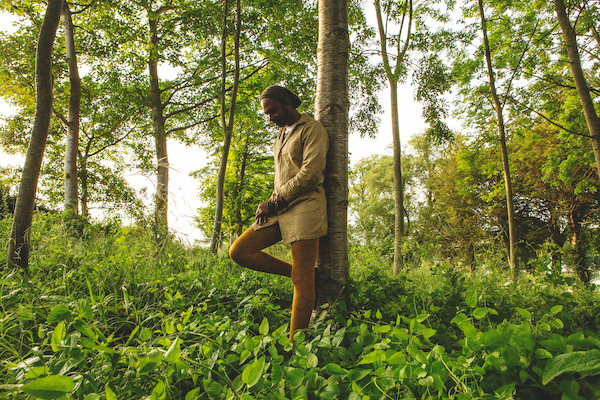
A staple of Chicago’s jazz scene, Junius Paul’s debut full-length, Ism, takes into consideration the city’s past musical triumphs while incorporating the bassist’s own passions. (Photo: Fabrice Bourgelle)
Bassist Junius Paul is an unmistakable emblem of free Chicago.
In demand as both a performer and composer, Paul’s regularly worked with drummer and producer Makaya McCraven, as well as serving as a member of the pioneering avant-garde group Art Ensemble of Chicago.
The bassist’s debut leader date, Ism (International Anthem), is a collection of live recordings captured at various Chicago venues between 2016 and 2019, spanning the beat-heavy “Baker’s Dozen” and the bassist’s outré moves on cuts like the exploratory “Bowl Hit.” It’s all enough to easily reflect Paul’s broad musical affinities, and his background studying both bass and classical guitar.
The following has been edited for length and clarity.
Ism is culled from a variety of lives dates with various performers over the course of a few years. Did your sound evolve during that time? And how did you select the musicians who play on the album?
This year, listening back to the recordings from 2016, I’ve been able to hear a lot of things, like just checking out how I sounded back then. I feel like I’ve grown in that time—as a person and as a musician.
All those collaborations are by design. Every configuration that I put together was something I planned out. The first night was in June of 2016 with myself, Tomeka Reid and Isaiah Spencer; we all have experience playing together at the Velvet Lounge with Fred Anderson, and have a lot of the same mentors from Chicago.
You occupy a spot in the Art Ensemble that was held by Malachi Favors for more than 30 years. What are your impressions of his work?
Malachi was a bassist that I felt could fit in any situation, but definitely had a very unique sound and approach to the music. And that’s evident in his recordings with Andrew Hill, Muhal Richard Abrams and the Art Ensemble of Chicago, and all the various things that the Art Ensemble did. You really get to hear that versatility.
Do you think about trying to uphold the tradition of the Art Ensemble while forging your own path?
That is a process that will continue to play itself out. When we talk about “upholding the tradition,” it’s something that I take ultimate pride in, especially being able to play with the Art Ensemble of Chicago and to be around its original members. It’s just an honor to be a part of Great Black Music—that includes the AACM, the Art Ensemble of Chicago, Ernest Dawkins’ New Horizons Ensemble and Vincent Davis and Percussion Plus.
How do you prepare before your performances to help you maintain both spiritual and musical stamina?
Musical and spiritual stamina go hand in hand. Before I practice, there’s a prep that I do spiritually and physically, stretching and things like that, even a quick meditation; a prayer, just to calm down.
Before performances, we take a moment of silence, it can be one minute or two minutes, until the leader of the group makes a noise with an instrument, and that means it’s time to start. The Art Ensemble, the AACM does it as well—Ernest Dawkins. It centers us, and we’re silent, just focusing on what is to come.
I use that time to pray, and ask to be centered and focused and to give my best, to connect with who I’m on stage with and the people that we’re sharing this energy with.
Jazz and style sometimes are equated, and you often wear tights. Are you making a statement? And do you see this connected to your writing and performing?
The connection between fashion and music is that it’s all a part of “the Ism.” I didn’t look at like—I’m a musician and I wanna be weird. It’s something I envisioned. I’ve been wearing tights for a long time; it just evolved into what it is now.
There are two things that run the world—love and fear. You have to really get into loving what vision has been gifted to you and exploring that and getting inside of that, and through that you influence others to do the same. Jazz and fashion have always gone hand-in-hand, and fashion is part of the message of freedom that’s so tied in with jazz. DB
AUDIO:
https://pitchfork.com/reviews/albums/junius-paul-ism/
Ism

The Chicago bassist’s solo debut—featuring guests including Makaya McCraven, Isaiah Spencer, and Tomeka Reid—ranges wiely, from free jazz to post-bop to meditative tone poems.
Featured Tracks:
Like the mighty jazz bassists that preceded him (Jimmy Garrison, Ron Carter, Peter Kowald, and Buster Williams immediately spring to mind), Junius Paul often makes himself felt before he’s actually heard. That’s him, buoyant and deep, shadowing Makaya McCraven, the perfect complement to the drummer’s rhythms—that is, when he’s not bending, wobbling, and prodding McCraven and group into new terrain. Paul also supports the likes of reedman Ernest Dawkins, Roscoe Mitchell Quartet, and the Art Ensemble of Chicago, where his bass work is as sturdy, supportive, and invisible as rebar. So when the Chicago musician steps to the fore on his massive, sprawling debut, Ism, it’s a thrill to feel and hear every contour, throb, and spontaneous spark across two pieces of wax.
Not just an opener, “You Are Free to Choose” serves as a mission statement from Paul and his assembled cohorts, some 14 in all; they leave no rhythmic idea unturned. The chase is everything. The frenetic, skittering rhythms suggest the volatile mix to follow, fully embracing that freedom to not choose, roving from free jazz to post-bop, meditative tone poems to hip-hop thumps (or “badoop” as McCraven put it recently, describing his bandmate’s sound). Recorded over a four-year span in various clubs and studios throughout Chicago, Ism reflects its many homes and the many sounds that feed into the music of the Windy City. Which might sound restless, except Paul exudes such confidence that no matter the session, his bass makes it all hang together.
“Bow Hit,” which follows, features Paul’s droning bow work, Isaiah Spencer’s rumbling kit, high tones from Jim Baker’s Arp, and a contemplative solo from saxophonist Rajiv Halim. It approaches stillness only to swan dive into “Baker’s Dozen,” a slippery mix of avant-jazz shot through with head-knocking drums and G-funk frequencies. “The One Who Endures” flips back into charging hard bop, Paul’s upright a flurry of quick-fingered runs.
It all leads to “Spocky Chainsey Has Re-Emerged,” a sidelong exploration from a quartet that toggles from modal jazz to fusion, like Bitches Brew set to boil rather than low simmer. About 13 minutes in, Paul lowers the temperature and space opens up for organ and trumpet to cool out. Just when you think it might drift off, turbulence enters, a Sun Ra-like dissonance curls around the edges, and Paul guides the band back up to speed again.
“Paris” is the other expansive piece, this time featuring a trio—one of three pieces where Paul is back in step with McCraven. The rhythm section slowly winds around trumpeter Marquis Hill’s unhurried lines, but there’s a tactile thrill when Paul’s stalwart bass coheres into a hummable figure and locks in. McCraven’s snare cracks and the piece achieves liftoff, the three moving at an inspired pace. Yet there’s still another point in the piece when Paul’s bass runs quicken again, somehow finding another plane for everyone else to vibrate on.
The last side of the album finds Paul in a more ruminative mode. His strings are in sweet conversation with cellist Tomeka Reid on “Fred Anderson and a Half,” as they pay tribute to the late tenor saxophonist, a founding member of the Association for the Advancement of Creative Musicians (AACM) and owner of the Velvet Lounge, where Paul honed his chops weekly. It segues into the most hushed piece on the album, “Ma and Dad,” full of the kind of reverentially small sounds that the Art Ensemble of Chicago plied a half century ago. Listen closely and a strange rumble arises. Is it Paul’s bass? No, just a motorcycle engine idling in the distance before roaring away. But it speaks to Paul’s conjured atmosphere that such an intrusion slots into Ism perfectly.
https://3arts.org/artist/junius-paul/
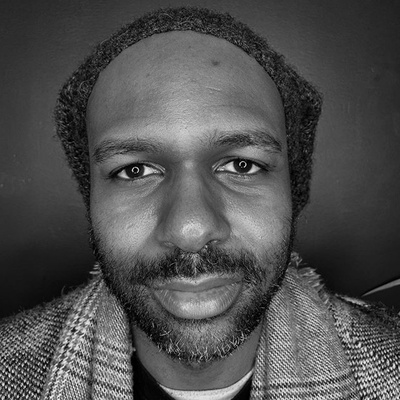
Junius Paul
Junius Paul is an internationally recognized composer, bandleader, and acoustic and electric bassist born and raised in the Chicago area. He has shown himself to be a highly versatile bassist, with performance and/or recording credits that include The Art Ensemble Of Chicago, Association for the Advancement of Creative Musicians, Famoudou Don Moye Sun Percussion Summit, ensembles led by Roscoe Mitchell, Kahil El’Zabar, Makaya McCraven, The Fred Anderson Trio, Georgia Anne Muldrow, Vincent Davis & Percussion Plus, Dee Alexander, The Curtis Fuller Quintet, Oliver Lake, Willie Pickens, Dee Dee Bridgewater, Marquis Hill, KRS-One, and Donald Byrd, among others.
Junius began playing electric bass at 15 years old, beginning his journey at Covenant United Church of Christ in South Holland, Illinois (where he still plays weekly). Upon graduating from Mount Carmel High School in 2000, Junius enrolled in St. Xavier University (Chicago), studying music performance with a concentration in bass studies under the tutelage of Rich Armandi. After graduating in 2005, Junius began performing internationally as a sideman, initially in the United Kingdom and Ghana, West Africa. These stints would be followed by many more opportunities to perform in Europe, Africa, Asia, Australia, and South America. He tours internationally as a sideman and with his own ensembles.
In 2013 and 2014, Junius served as music department faculty for Trinity Christian College (Palos Heights, IL). In February 2017, Junius began performing and touring internationally with The Art Ensemble of Chicago (led by Roscoe Mitchell and Famoudou Don Moye). In October 2018, he recorded with The Art Ensemble of Chicago for their album We Are On The Edge (dedicated to the late ensemble bassist Malachi Favors) celebrating 50 years of the Ensemble’s existence. In 2017, Junius was the featured artist and honoree for his alma mater, St. Xavier University’s Jazz Weekend.
Junius' debut album, Ism, was released in November 2019 by International Anthem Recording Company, receiving four stars in Downbeat Magazine in addition to widespread critical acclaim from numerous platforms. Junius plans to continue touring as a bandleader and sideman in 2021.
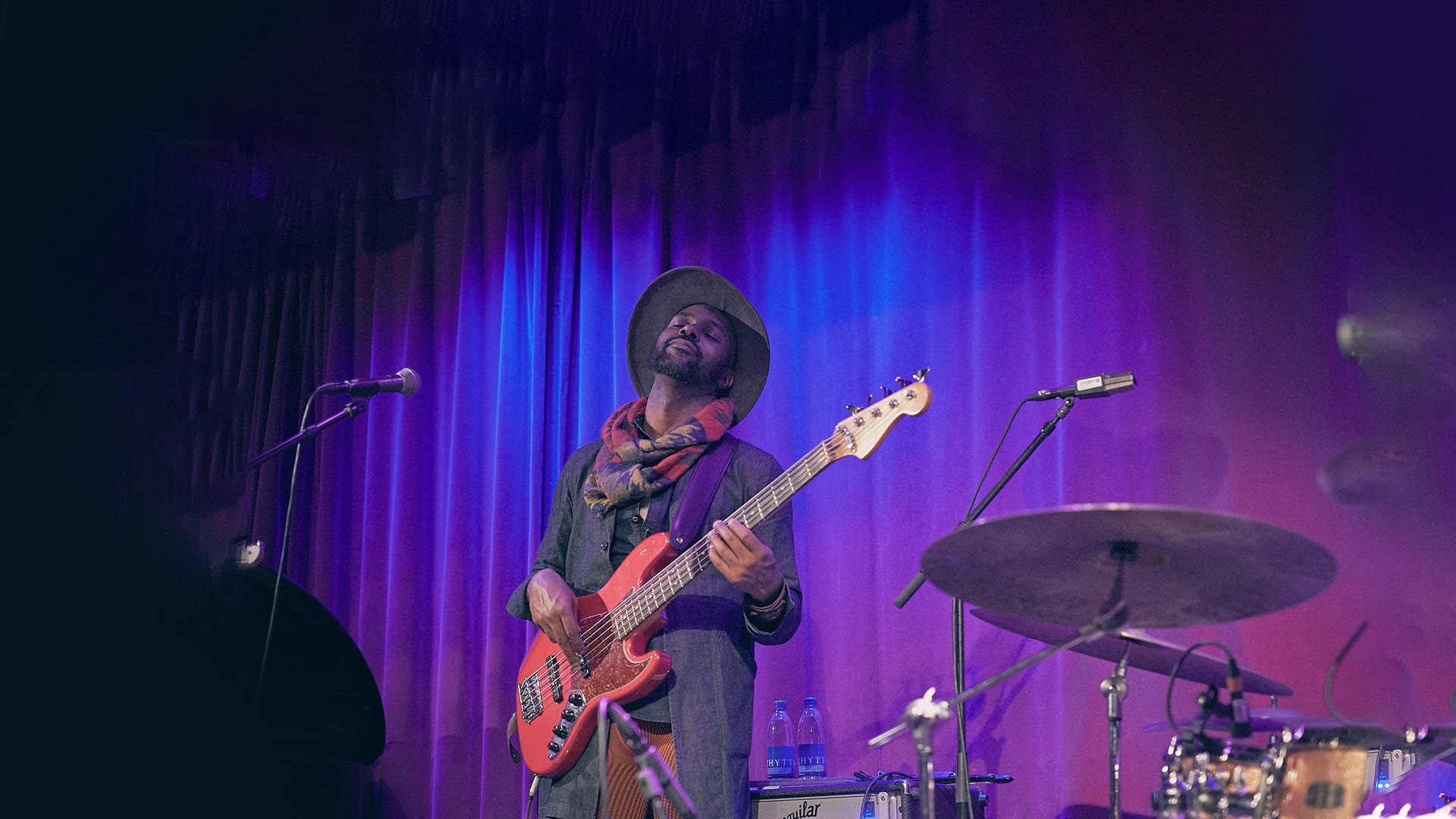
Featured Artworks
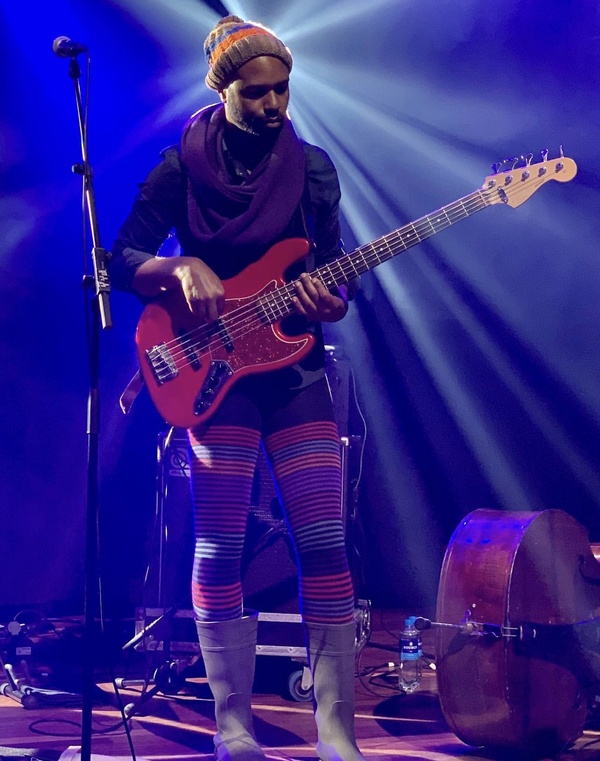
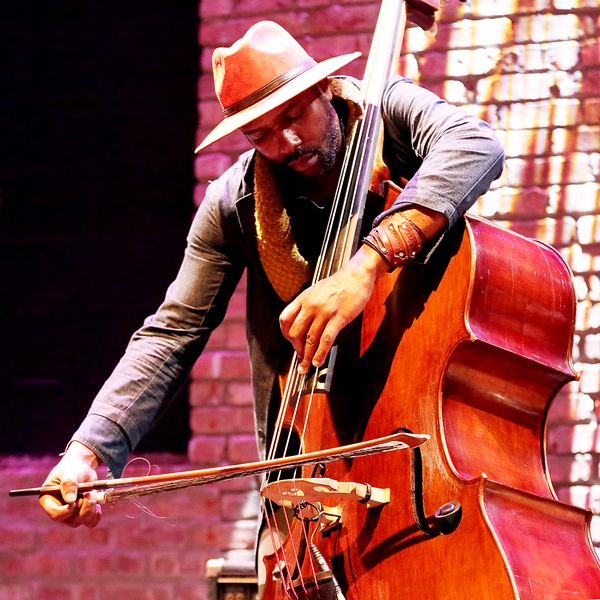
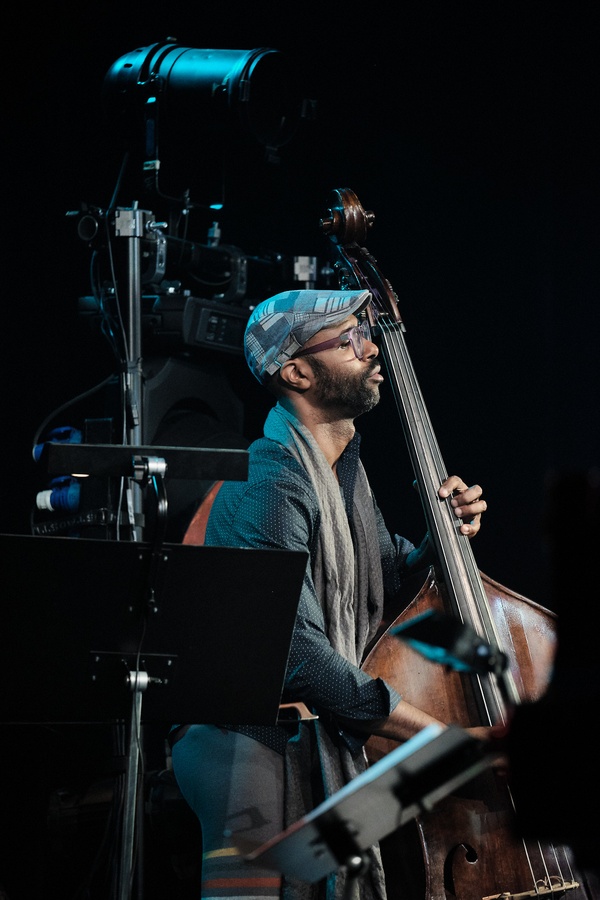
3Arts is a nonprofit organization that supports and advocates for Chicago’s women artists, artists of color, and Deaf and disabled artists who work in the performing, teaching, and visual arts.
3Arts Awardee: Junius Paul
https://pirecordings.com/artists/junius-paul/

Junius Paul
Junius Paul has established himself as a first call electric and acoustic bassist on the Chicago music scene. Paul was born and raised in the Chicago area and is a graduate of St. Xavier University. He is well-established in many genres, ranging from jazz to hip-hop, house music, funk, classical and gospel, and his passion for music shows consistently in all of his playing. Paul has shared the stage with artists including Wynton Marsalis, Curtis Fuller, Donald Byrd, Fred Anderson, Roscoe Mitchell, Kahil ElZabar, Chico DeBarge, KRS-One, Dee Alexander, Roy Hargrove and Corey Wilkes. He has appeared on audio and DVD recordings by Corey Wilkes, DJ Shannon Harris, the St. Luke COGIC gospel choir, Peven Everett and Kahil El-Zabar. Junius has also performed internationally, at The Southport Weekender Festival in Southport, England, the Sons d’hiver Festival in Paris, France, the Made In Chicago Series in Poznan, Poland, and the Ghana Jazz Festival in Africa.

